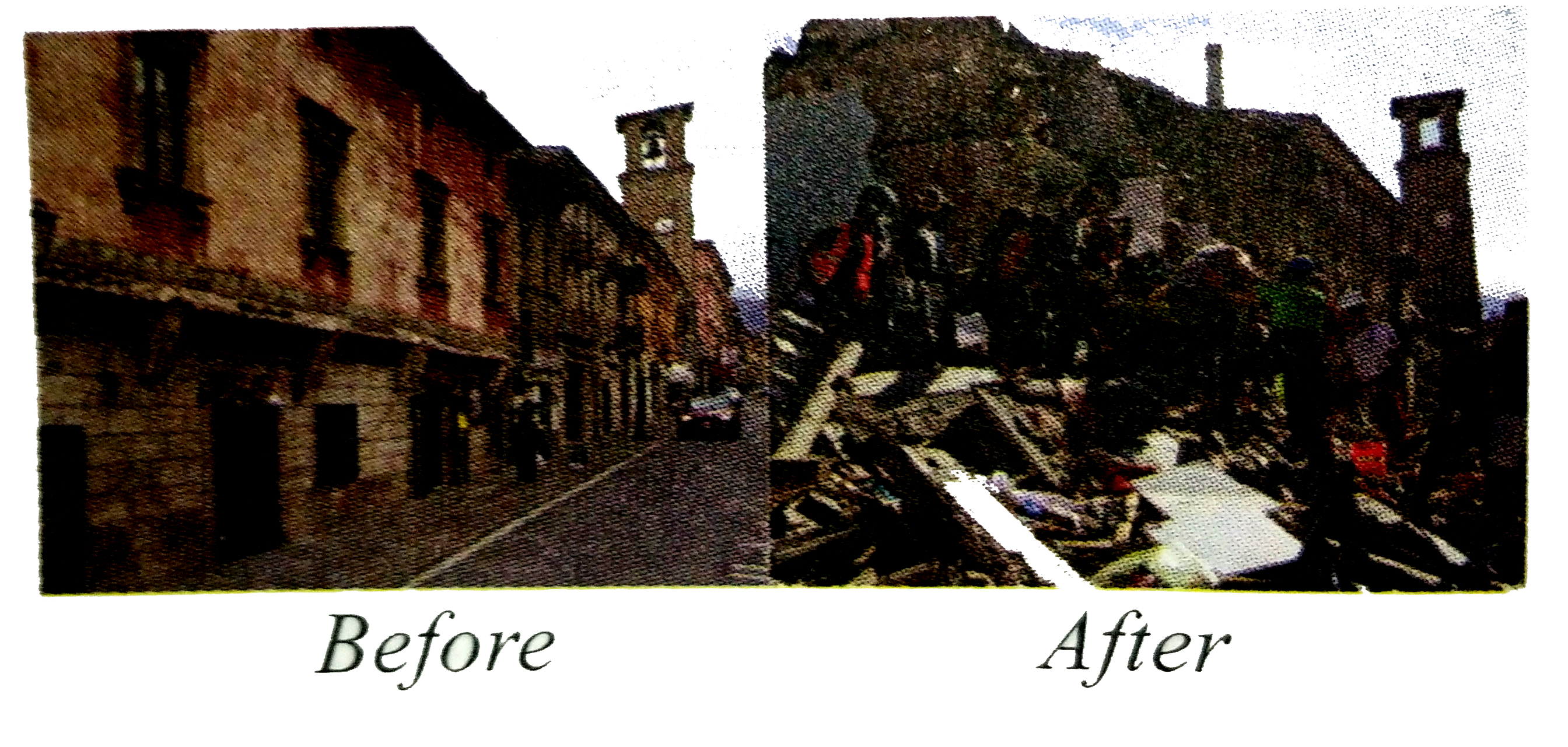Give examples of following
Decomposers and Scavengers.
Step-by-Step Solution:
1. Understanding Decomposers:
- Decomposers are organisms that break down dead and decaying matter. They play a crucial role in the ecosystem by recycling nutrients.
2. Examples of Decomposers:
- Two common examples of decomposers are:
- Bacteria: These microscopic organisms help decompose organic material.
- Fungi: These organisms, including molds and mushrooms, also break down dead matter.
3. Understanding Scavengers:
- Scavengers are animals that feed on the flesh of dead animals. They help clean up the environment by consuming carrion.
4. Examples of Scavengers:
- Three examples of scavengers are:
- Vultures: Birds that primarily eat dead animals.
- Hyenas: Mammals known for scavenging and hunting.
- Raccoons: These animals often scavenge for food, including carrion.
Final Answer:
- Decomposers: Bacteria, Fungi
- Scavengers: Vultures, Hyenas, Raccoons
---
- Decomposers are organisms that break down dead and decaying matter. They play a crucial role in the ecosystem by recycling nutrients.
- Two common examples of decomposers are:
- Bacteria: These microscopic organisms help decompose organic material.
- Fungi: These organisms, including molds and mushrooms, also break down dead matter.
- Scavengers are animals that feed on the flesh of dead animals. They help clean up the environment by consuming carrion.
- Three examples of scavengers are:
- Vultures: Birds that primarily eat dead animals.
- Hyenas: Mammals known for scavenging and hunting.
- Raccoons: These animals often scavenge for food, including carrion.
- Decomposers: Bacteria, Fungi
- Scavengers: Vultures, Hyenas, Raccoons
Topper's Solved these Questions
- OUR ENVIRONMENTBOOK - BETOPPERSCHAPTER - OUR ENVIRONMENTEXERCISE - SUMMATIVE WORKSHEET (DEFINE THE FOLLOWING TERMS:)
8 Videos
- OUR ENVIRONMENTBOOK - BETOPPERSCHAPTER - OUR ENVIRONMENTEXERCISE - SUMMATIVE WORKSHEET (ANSWER THE FOLLOWING QUESTIONS:)
24 Videos
- OUR ENVIRONMENTBOOK - BETOPPERSCHAPTER - OUR ENVIRONMENTEXERCISE - SUMMATIVE WORKSHEET ( WHICH OF THE FOLLOWING STATEMENTS ARE TRUE (T) AND WHICH ONE ARE FALSE (F)? MARK T OR F)
5 Videos
- LIFE ON EARTHBOOK - BETOPPERSCHAPTER - LIFE ON EARTHEXERCISE - SUMMATIVE WORKSHEET
5 Videos
- SOILBOOK - BETOPPERSCHAPTER - SOILEXERCISE - SUMMATIVE WORKSHEET
14 Videos
Similar Questions
Knowledge Check
Give two example for the following
Afast changesBDesirable changesCnon- periodic changesDPhysical changes
Give examples of following
Producers and Consumers
View SolutionGive two examples for the following:
View SolutionDefine the following terms:
Scavengers
View SolutionGive four examples of the following :
Homopolymers
View SolutionGive examples of the following:
Geological disasters.
View SolutionName two scavengers.
View SolutionGive two example of the followings:
Electrolytes
View Solution
